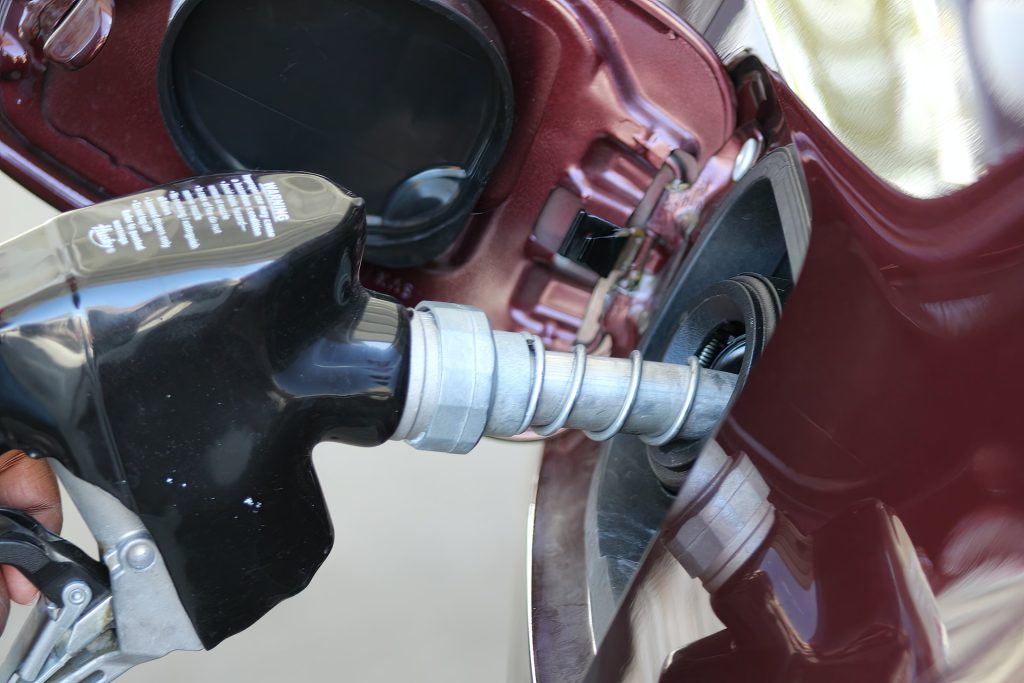How Fleet management can help you save fuel

Fuel is one of the biggest expenses for businesses that rely on vehicles to transport goods or provide services. Effective fleet management can help businesses save fuel in a number of ways, ultimately leading to significant cost savings. Here are some of the key ways that fleet management can help businesses save fuel:
Improved route planning: One of the most effective ways to save fuel is by optimizing routes for maximum efficiency. Fleet management systems can provide tools for planning routes that minimize the distance traveled and the time spent on the road. This can help reduce fuel consumption and save money.
Enhanced vehicle performance: Another way that fleet management can help save fuel is by improving vehicle performance. Many fleet management systems come equipped with sensors and other technologies that can monitor and analyze factors such as speed, acceleration, and braking. This data can be used to identify and address inefficient driving habits, such as speeding or heavy acceleration, which can lead to higher fuel consumption. By improving driving habits, businesses can save fuel and reduce their fuel costs.
Better maintenance: Proper vehicle maintenance is crucial for maintaining good fuel economy. Fleet management systems can help businesses keep track of maintenance schedules and monitor the condition of their vehicles, ensuring that they are always in good working order. This can help prevent breakdowns and other issues that can lead to higher fuel consumption, saving businesses money on fuel.
Use of alternative fuels: In recent years, the use of alternative fuels has become increasingly popular in the transportation industry. Fleet management systems can provide valuable information and insights on the use of alternative fuels, such as electric, natural gas, or biodiesel. By switching to alternative fuels, businesses can save money on fuel and reduce their environmental impact.
Improved fleet utilization: Another way that fleet management can help save fuel is by improving fleet utilization. By closely monitoring the use of vehicles, businesses can identify and address instances of underutilization, such as vehicles that are idle for long periods of time. By utilizing vehicles more efficiently, businesses can save fuel and reduce their fuel costs.
Enhanced driver training: The way that drivers operate vehicles can have a significant impact on fuel consumption. Fleet management systems can provide valuable data and insights on driving habits, allowing businesses to identify and address inefficient driving practices. By providing training and support to drivers, businesses can help them develop more fuel-efficient driving habits, saving fuel and reducing fuel costs.
Real-time monitoring: Finally, fleet management systems can provide real-time monitoring of fuel consumption, allowing businesses to identify and address any issues or concerns as they arise. By monitoring fuel usage in real time, businesses can quickly identify and address any problems, such as leaks or faulty fuel pumps, before they become more serious and lead to higher fuel consumption.
In conclusion, fleet management can play a crucial role in helping businesses save fuel and reduce their fuel costs. By providing tools for route planning, vehicle performance, maintenance, and driver training, fleet management systems can help businesses save fuel and improve their bottom line. As the field continues to evolve and advance, we can expect to see even more innovative ways that fleet management can help businesses save fuel and reduce their environmental impact.